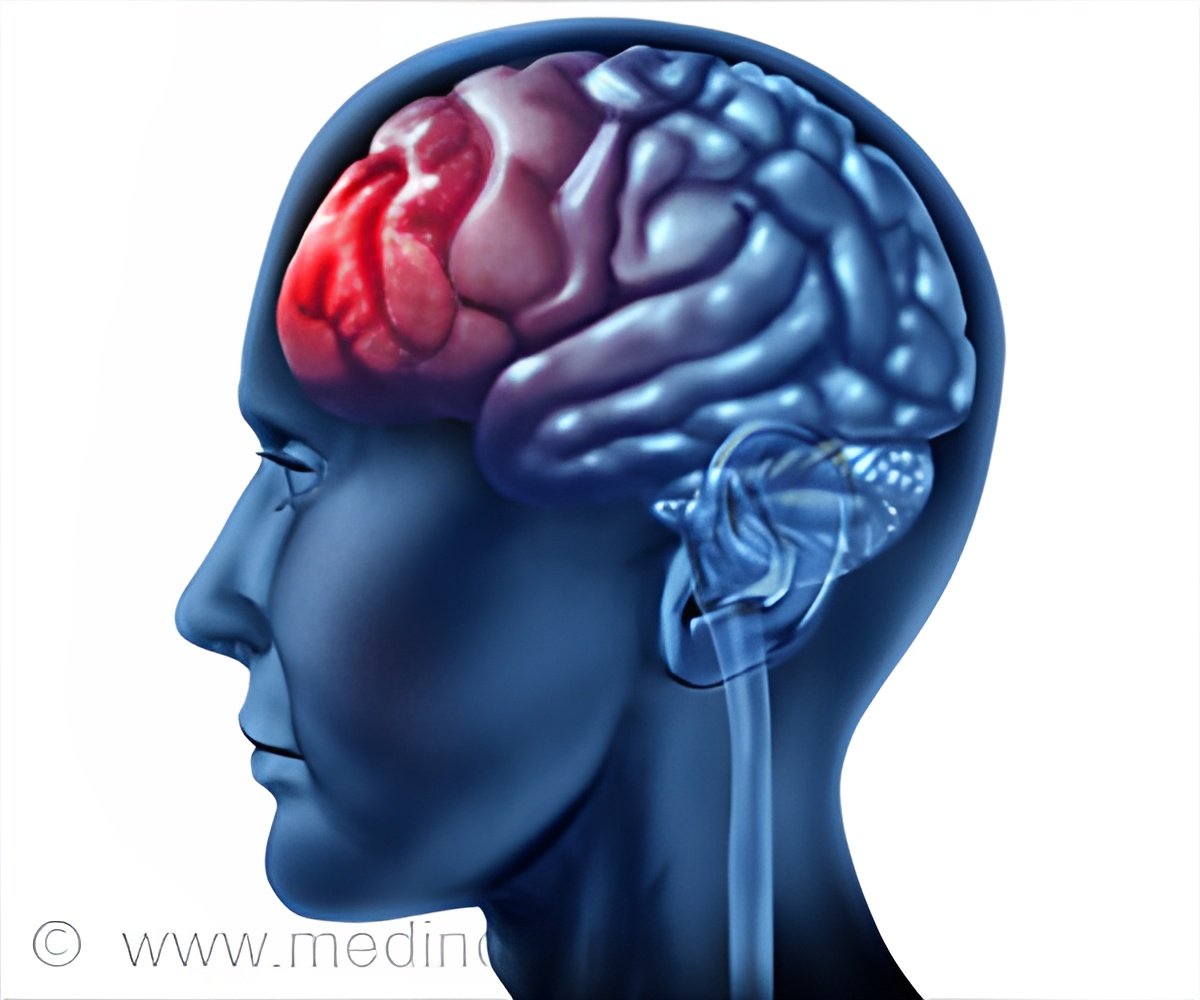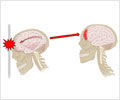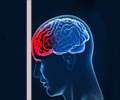The new blood test that identifies with greater than 90% certainty whether or not an adolescent athlete has suffered a concussion.

- Concussions often result in acute symptoms or long-term neurological dysfunction.
- A new blood that detects concussion with more than 9˘0% accuracy.
- The blood test uses a form of blood profiling called metabolomics, which is the scientific study of metabolites present within a cell or tissue.
- The blood profile reveals a very different spectrum among concussed patients.
It also affects the decisions to stop play or activities, or when patients who have suffered a concussion can safely return to normal activities without risking further injury.
Metabolomic profiling of blood
Dr. Douglas Fraser, a physician in the Pediatric Critical Care Unit at Children's Hospital, London Health Sciences Centre and Lawson scientist, led the study with his co-investigator Mark Daley, a professor in the Departments of Computer Science, Biology and Statistics & Actuarial Sciences at Western University.
In the new study, researchers have demonstrated that a blood test can now accurately diagnose a concussion using a form of blood profiling known as metabolomics.
In the relatively inexpensive test, blood is drawn from an individual that may have suffered a concussion as the result of a sudden blow to the head (or from transmitted forces from a sudden blow to the body) within 72 hours of the incident.
"This novel approach, to use blood testing of metabolites as a diagnostic tool for concussions, was exploratory and we were extremely pleased with the robustness of our initial results," says Dr. Fraser, also an Associate Professor in Western's Departments of Paediatrics, Physiology & Pharmacology and Clinical Neurological Sciences at the Schulich School of Medicine & Dentistry.
Findings from the test
Those who suffered a concussion have a very different blood profile pattern than those who have not had a concussion.
In this latest successful attempt, the researchers took a different approach and investigated a full spectrum of 174 metabolites.
The profile reveals a very different spectrum among concussed patients and with fine tuning, the accuracy level of the test is over 90%.
Clinicians hope that in future, the blood tests would also aid predicting concussion outcome, as well as aid rehabilitation after concussion.
This new method, fully funded by the Children's Health Foundation and conducted by the Western Concussion Study Group. The findings were recently published in the international journal Metabolomics.
Source-Medindia















